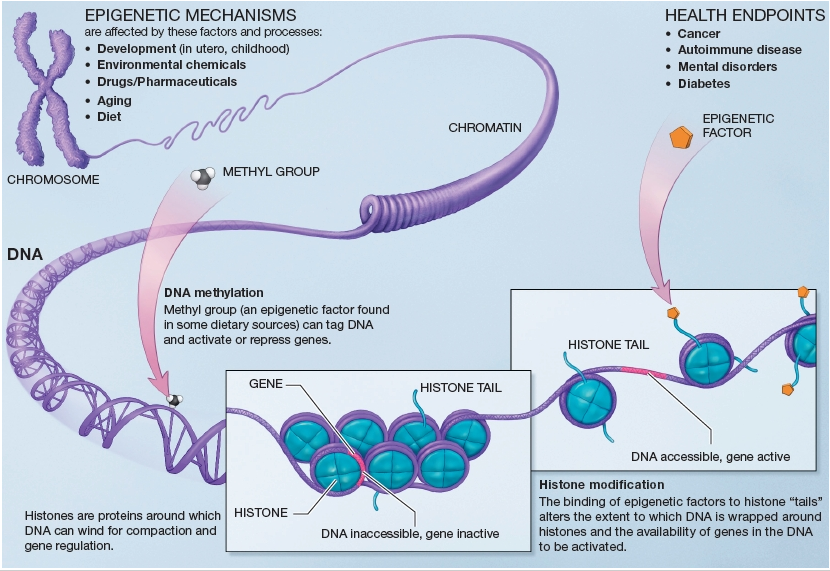Desktop Genetics, a small bioinformatics start-up out of London, has won a substantial grant to understand why some cancer cells just won’t quit. To do this, it relies on CRISPR, their expertise with genetic data, and research from Imperial College London.
 Desktop Genetics has already proven that it can move some money, with a €1.87 M fundraising through business angels. It has also caught the eye of US Giant Illumina, which was interested in applying Desktop Genetics algorithms to next generation sequencing (NGS).
Desktop Genetics has already proven that it can move some money, with a €1.87 M fundraising through business angels. It has also caught the eye of US Giant Illumina, which was interested in applying Desktop Genetics algorithms to next generation sequencing (NGS).
This start-up’s DESKGEN platform allows scientists design and manage CRISPR gene editing experiments. After all, CRISPR technology can be groundbreaking, but it is much more useful if scientists can actually use it. Furthermore, an affordable and accessible technology has even potential to create some non-traditional innovation.
Desktop Genetics is now under the spotlight of Innovate UK – a governmental initiative which has previously funded projects in cell-therapy manufacturing and a UK Biotech (Sareum) which is tackling leukaemia.

The funding amounts to €383,000 (£300k) and was awarded to a collaboration project between Desktop Genetics and the Epigenetics Unit in the Division of Cancer at Imperial College London. The project aims to study cancer epigenetics and how it relates to therapy resistance and cancer progression.
Epigenetics is a hot field (though not as hot as CRISPR), dealing with inheritable characteristics that are not coded directly in the DNA sequence. The human epigenome has some famous studies (like this one about epigenetic consequences of Holland 1944’s famine) and seems to be linked with conditions like schizophrenia, metabolic disorders and obesity.
This new project intends to study how epigenetic differences in ovarian cancer cell lines can translate into resistance to treatment (chemotherapy) – an area of ongoing research at Imperial College London.

Desktop Genetics will build a biomodel integrating genomic and epigenomic data, that can predict which CRISPR epigenetic editing targets would work best. This would be in order to make resistant cancerous cells sensitive to treatment again – and thus be able to cure the cancer with current therapies.
Given that epigenetics plays an important role in all tumour types, it is hoped that the tool developed by Desktop Genetics can be scaled-up from ovarian cell cancer (which is their focus at the moment) to many other types. Along with this type of therapy, CRISPR is being studied for applications like fighting antibiotic resistance and improving crops.
This project shows an interesting dynamic between industry, academia and government. Will the resulting tool be able to make a ‘cure’ for cancer work?





